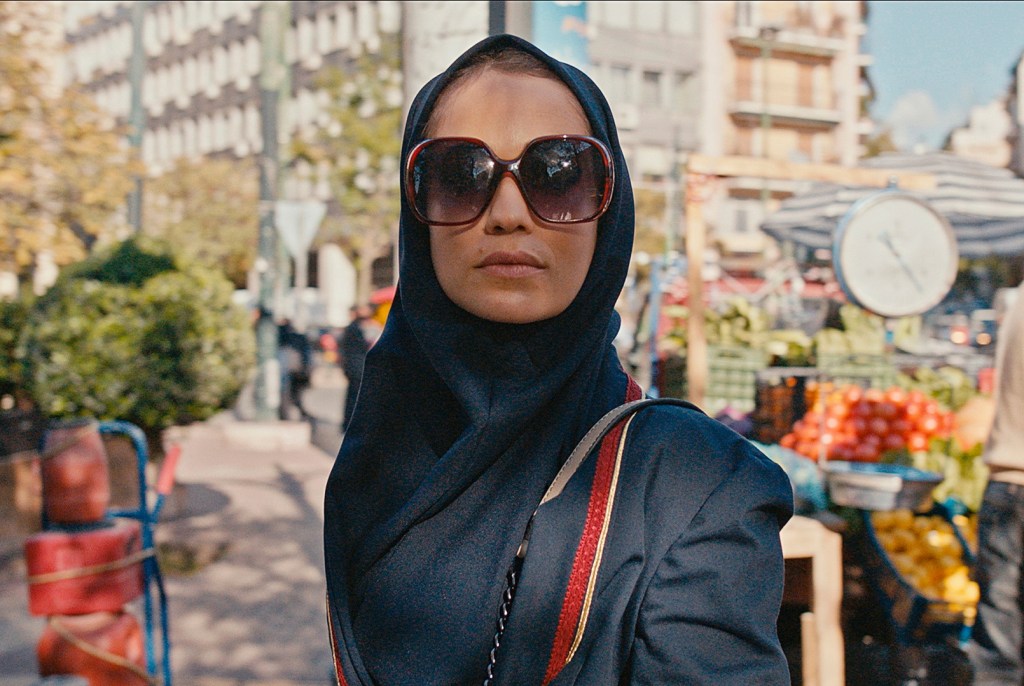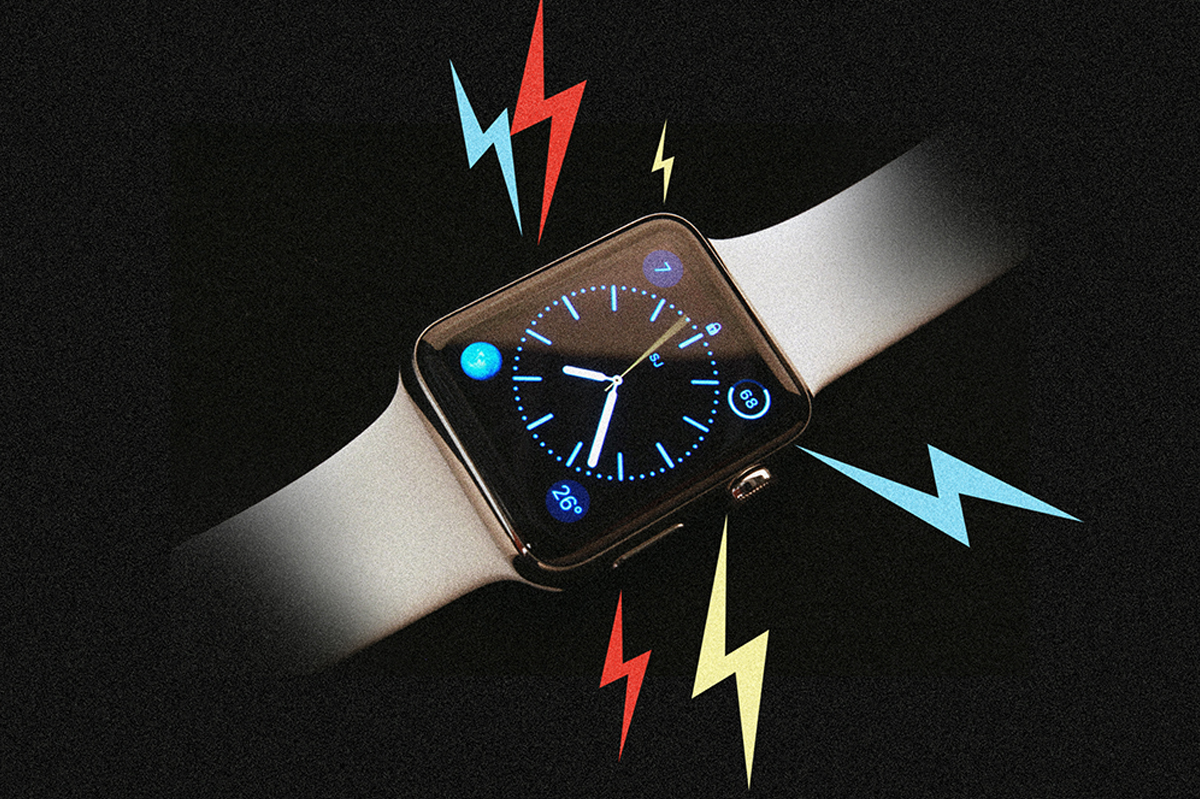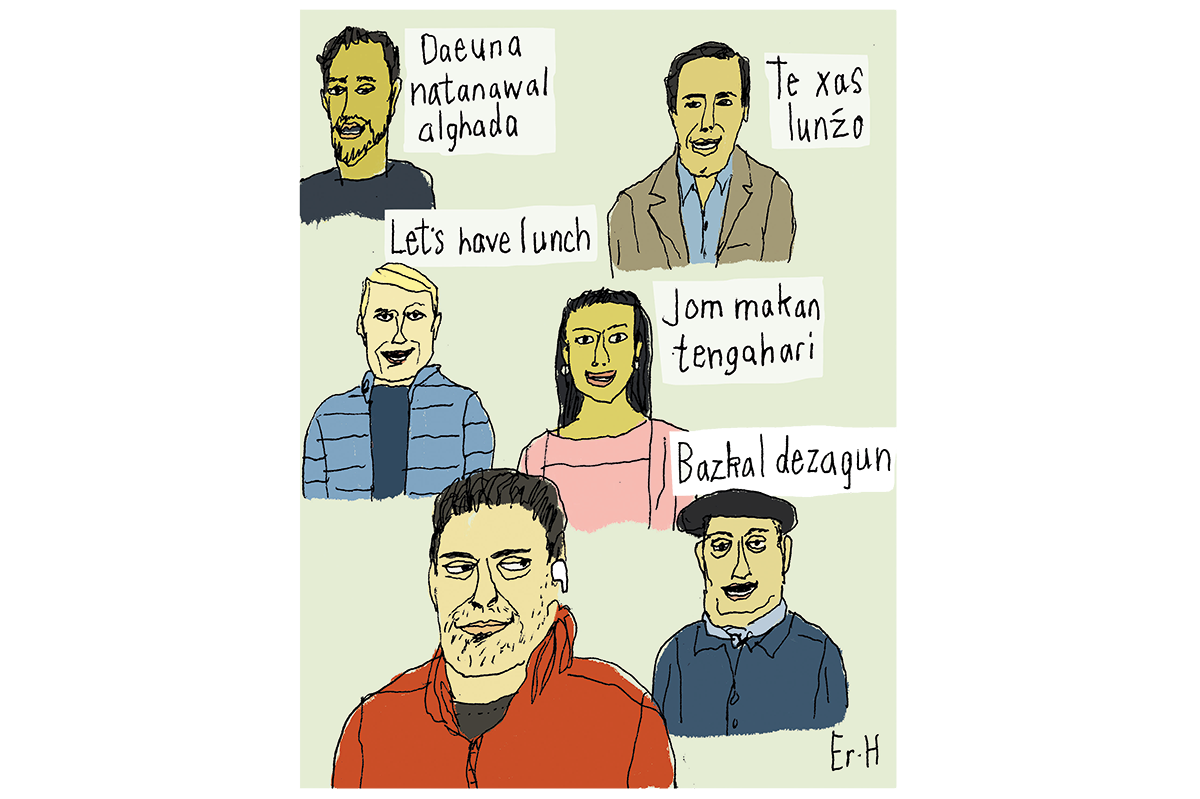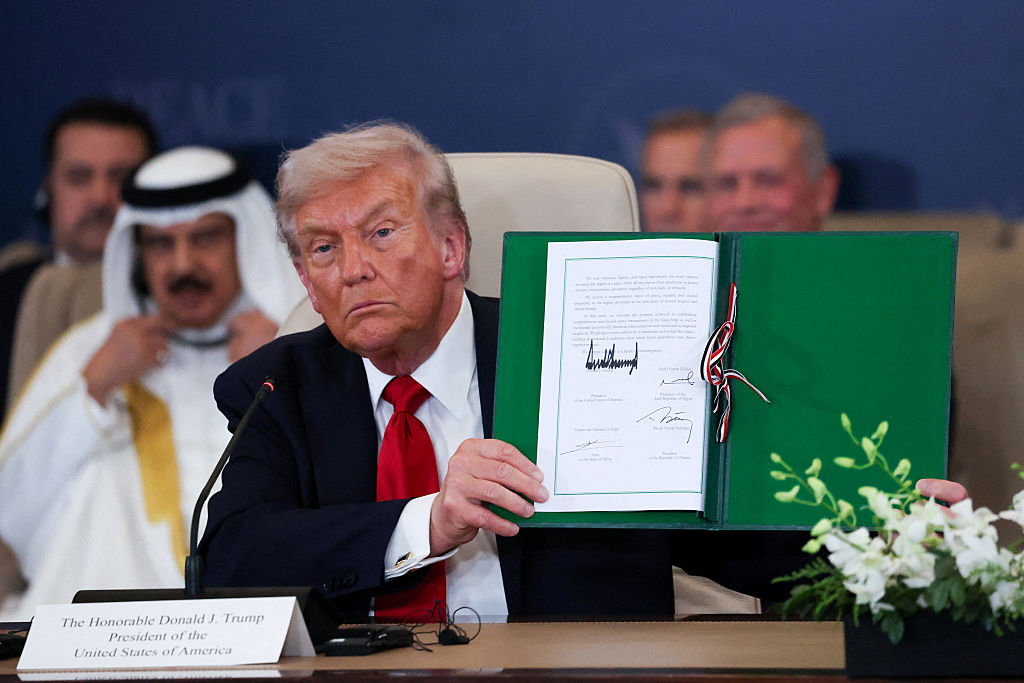If you love Fauda — and of course you do — you’re in for a long wait for season four, which isn’t due to arrive on Netflix till 2022. That’s why I had such high hopes for Tehran, which is written by one of Fauda’s co-authors Moshe Zonder. What, after all, could there possibly be not to like about a hot female Mossad agent struggling to survive after a botched mission in the hostile Iranian capital, where all Israelis are seen as emissaries of ‘Little Satan’?
It starts promisingly, once you’ve got over the technical difficulties of signing up to Apple TV. (For some reason, my characters now speak with English subtitles but in German. The other options it gives me are all the Latin languages but not English. I’ve settled on German because it’s the least intrusive.) You’re straight in there: a Jordanian jet is forced to make an emergency landing in Tehran with some rather nervous passengers aboard.
Two of them are comic relief: a flaky, panicky couple of twenty-something Israeli tourists, one extravagantly gay, who only flew this route because it was going to get them to India for half the price of a less risky route — and are now in fear of their lives because everyone knows what Iranians do to Israelis. The other is our computer hacker heroine Tamar Rabinyan (Niv Sultan), who is on a vital undercover mission to help the Israeli air force take out some kind of military facility.
Disguised behind a hijab, Tamar is going to exchange identities with a local woman waiting for her in the airport toilets. The local woman — who works at the electrical facility Tamar is going to sabotage — will take her place on the plane when it resumes its journey, while Tamar will use her tech skills to disable the anti-aircraft defenses surrounding the target.
Then various things go wrong, in ways I shan’t disclose for plot-not-ruining reasons. But if you don’t mind, I’ll mention just one. In the loos, the girl from the flaky, panicky couple I mentioned earlier recognizes Tamar as having been one of the officers on the base where she did her military service. She begins hysterically telling her this — recorded by bugs which, in Iran, are apparently everywhere, even in ladies’ loos at the airport — but Tamar rebuffs her and when airport security turn up moments later complains that this strange woman is harassing her.
Now, the reason I mention this plot detail is this: instead of contacting her Mossad handlers and telling them ‘My cover’s blown’, Tamar blithely continues as if the incident were just an ignorable blip. As the series progresses — I’m on episode three — you’ll see more and more examples of this. This woman is supposed to be Mossad — the best of the best. Yet she makes so many basic errors and so many random decisions, with so little regard for the safety of those who help her, that you begin to wonder: why am I rooting for this callous, incompetent woman — and do I even believe in this nonsense anyway?
With Fauda, you feel as though you’re being given a very realistic, well-researched portrait of what it’s like to work in Mista’arvim, Israel’s undercover anti-terrorism unit. Lior Riaz, the guy who plays Doron — and who co-wrote the series — actually served in this outfit. Everything, from the intense camaraderie (and chain-smoking, sexual rivalry and fraught marriages) of the team to their operational procedures, smacks of lived authenticity.
[special_offer]
But Tehran, pacy, exciting and nauseatingly tense though it is, feels much more generic. Tamar wizard-fingering her way past the hidden military codes on her laptop as an awestruck local hacker looks on: this cliché would be fine in a Mission Impossible movie, but surely we expect something less ersatz from Israeli TV drama?
It was filmed largely in Athens rather than Tehran, which is understandable. But as portraits of Iran’s schizoid culture goes — clerics and religious oppression vs savvy, university-educated kids desperate to live Western lives — it’s not a patch on the depiction we saw in the French spy series The Bureau. While it strives to be nuanced — the best thing in it is the chief baddie, a sensitive, oddly sympathetic Shaun Toub as the relentless Iranian intelligence boss Faraz Kamali — it ends up looking slightly schematic, in a way that Fauda never is. ‘Look!’ it seems to be saying — and all the US liberal critics have picked up on this as though it were something amazing — ‘An Israeli-made series is reaching out to the enemy…’
I’ll keep watching for the spills and thrills, but I do miss Fauda’s warmth, humor and humanity. Also, I’ll miss the rounded, developed characters. I like the racy action but sometimes it feels more like watching a video game — with Tamar as an Israeli Lara Croft — than a TV series you can truly inhabit and love.
This article was originally published in The Spectator’s UK magazine. Subscribe to the US edition here.

























